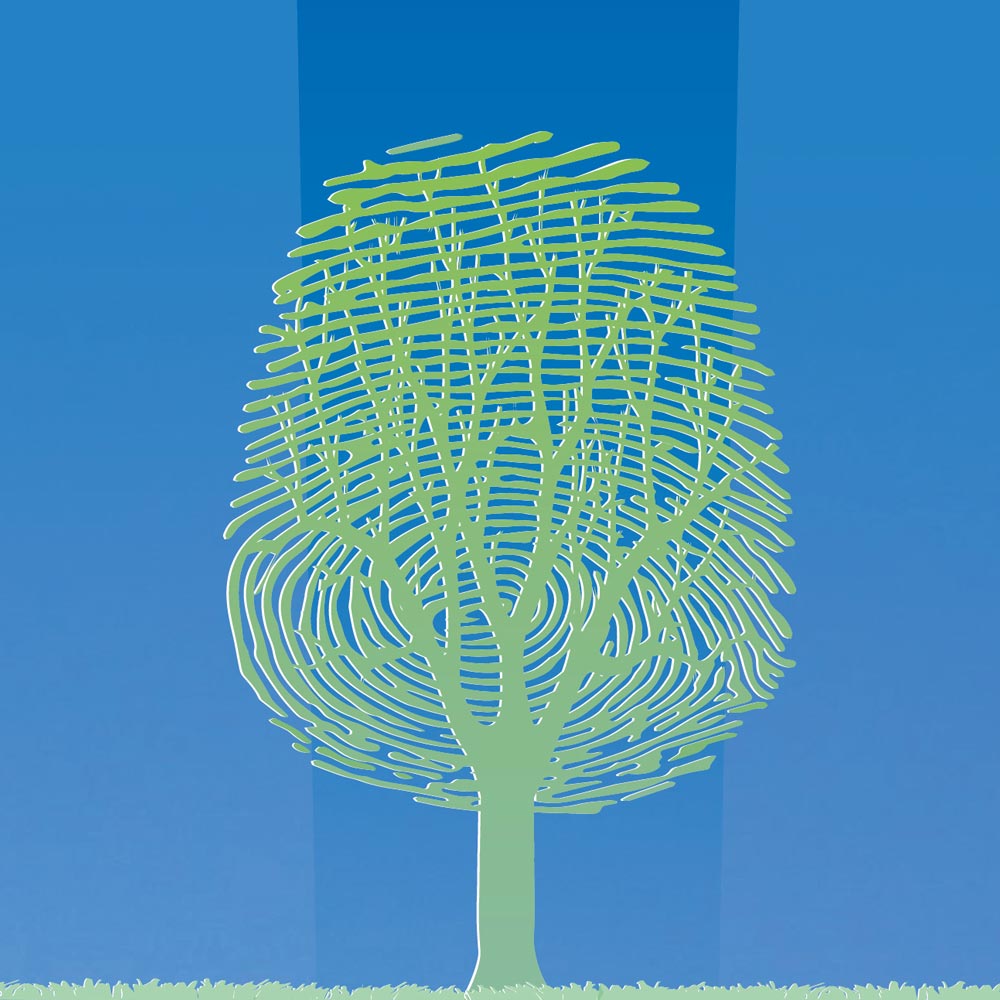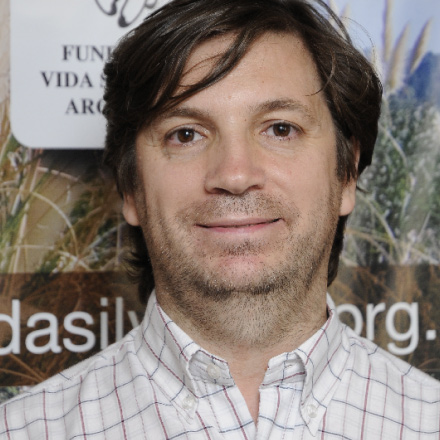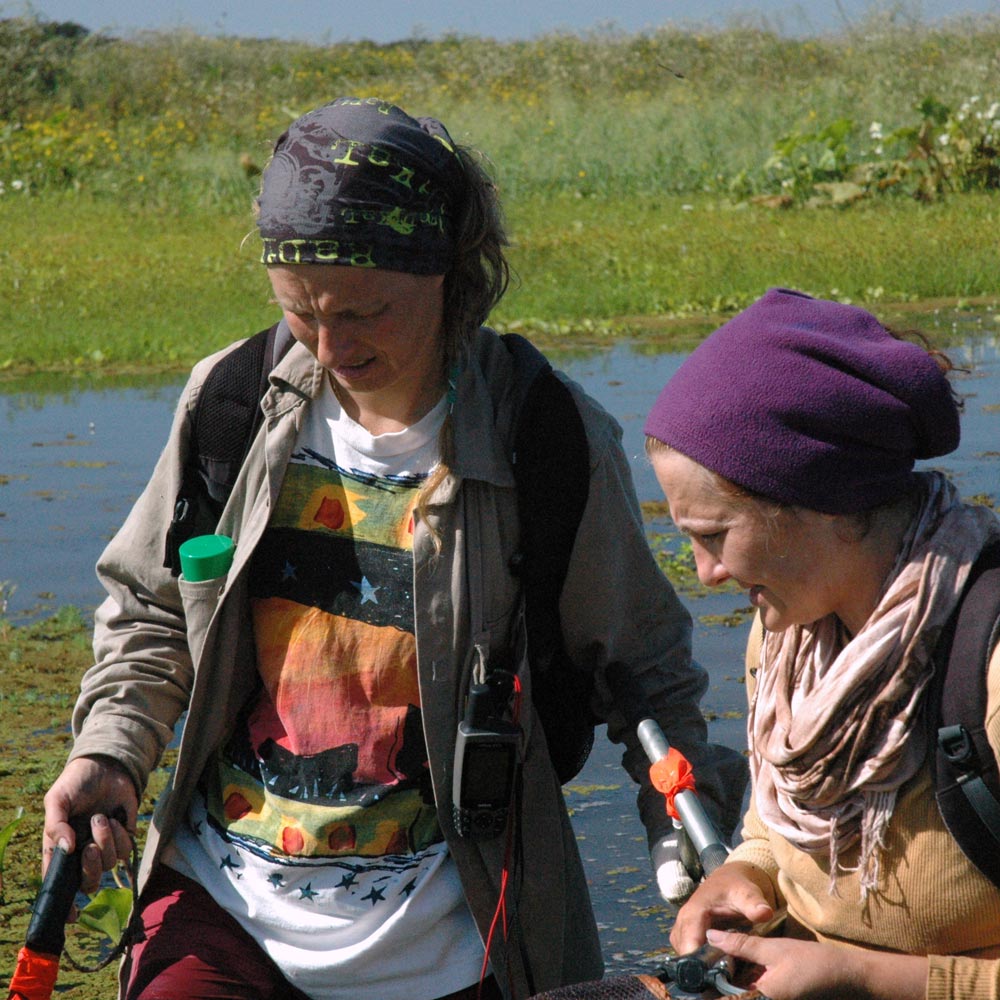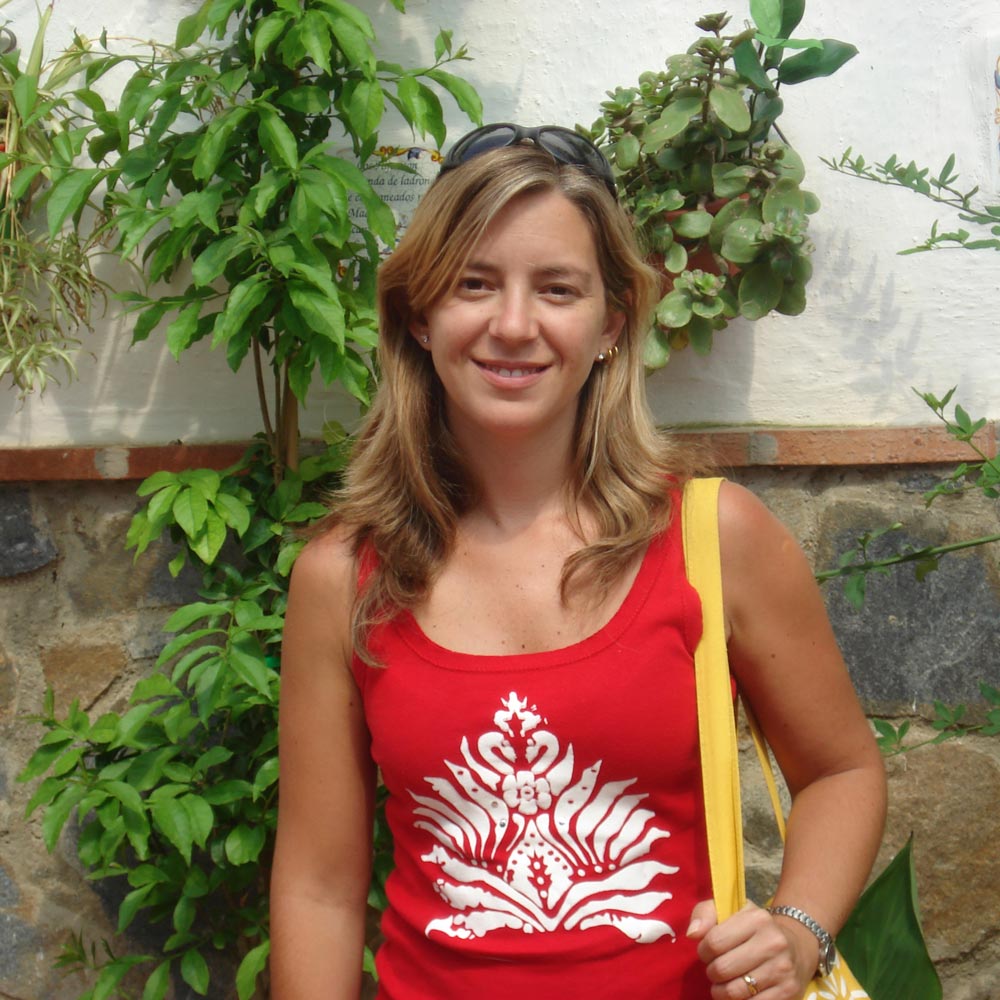

Andreas Ciroth
Andreas Ciroth is founder and director of GreenDelta, a sustainability research, consulting, data and software company with focus on life cycle analyses. Environmental engineer by education, he finished his PhD (error calculation in LCA) in 2001 at TU Berlin and is working since then in the field of Life Cycle Assessment and sustainability. He is leading the openLCA project to create a free, open source sustainability assessment software, and has initiated the world’s largest repository of LCI datasets for LCA, openLCA Nexus.
Andreas is co-chair of the working group on meta-data descriptors in UN’s Global network of Interoperable databases, GLAD, and an international expert in LCA software and databases. He currently advises the German environmental ministry in its relation to GLAD, as independent expert, and has supported UNEP in projects related to LCA database creation in Malaysia and Brazil, including training and capacity building.
Data collection and creation of datasets in LCA · Relevamiento de datos y creación de bases de datos (LCI) para análisis de ciclo de vida
MARTES 6 DE NOVIEMBRE 14:30 H
Datasets are the building blocks of any life cycle model; the quality of the datasets used in a model is strongly influencing the quality of any LCA model and thus of any decision support provided by the LCA model.
That said, creation of datasets is often a tedious and error prone process, and one of the bottlenecks for applying LCA, especially for uncommon technologies or for regions where a lot of LCA datasets are missing for an LCA study.
On the other side, several attempts have been made recently with the aim to better organize and structure data collection and management for LCA.
The lecture will try to cover the entire field of data collection and dataset creation, including:
- The Shonan Guidance Principles for LCA data management
- Review procedures for LCA datasets
- Aggregation of LCA datasets
- Dataset exchange
- Traditional and novel ways for dataset collection
- Steps for creating a database
Overall, the presentation will try to provide both a theoretical background and good practical advice for data collection and for LCA database creation.
Social LCA overview and practical steps for a social LCA case study · Panorama sobre análisis de ciclo de vida social y pautas para el abordaje de un estudio de caso
MIÉRCOLES 7 DE NOVIEMBRE 14:30 H
Social impacts along the life cycle are an important aspect of sustainability, reflected for example in several of UN’s Sustainability Development Goals, and yet still, they are more difficult to assess and understand than for example environmental impacts. Within the UNEP/SETAC life cycle initiative, a framework and guidance for conducting social LCA studies was presented about 10 years ago; meanwhile, this framework is further developed and applied.
The lecture will cover the following points:
- Background of social LCA modeling and assessment
- Overall concept: modeling social impacts over the life cycle
- Indicators
- Inventory
- Interpretation
- Data collection for social LCA studies, data sources, validation, triangulation
- Specifying goal and scope
- The activity variable
- Measuring qualitative indicators
- Linking foreground and background data
- Quality assurance for complete case studies
- Hot spot identification and interpretation














